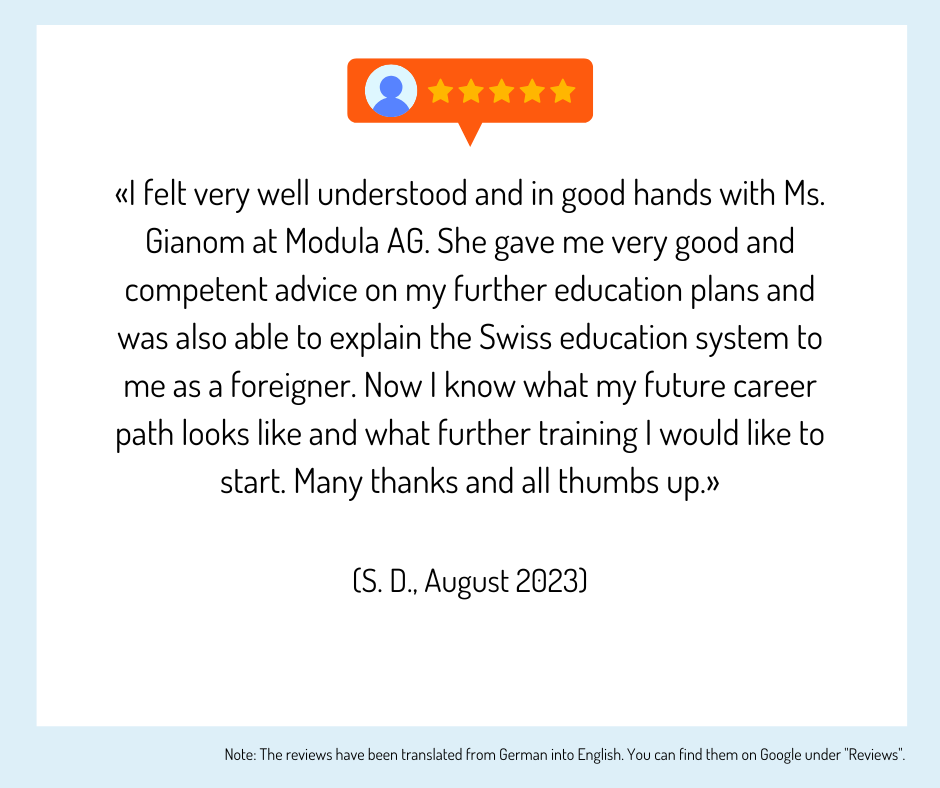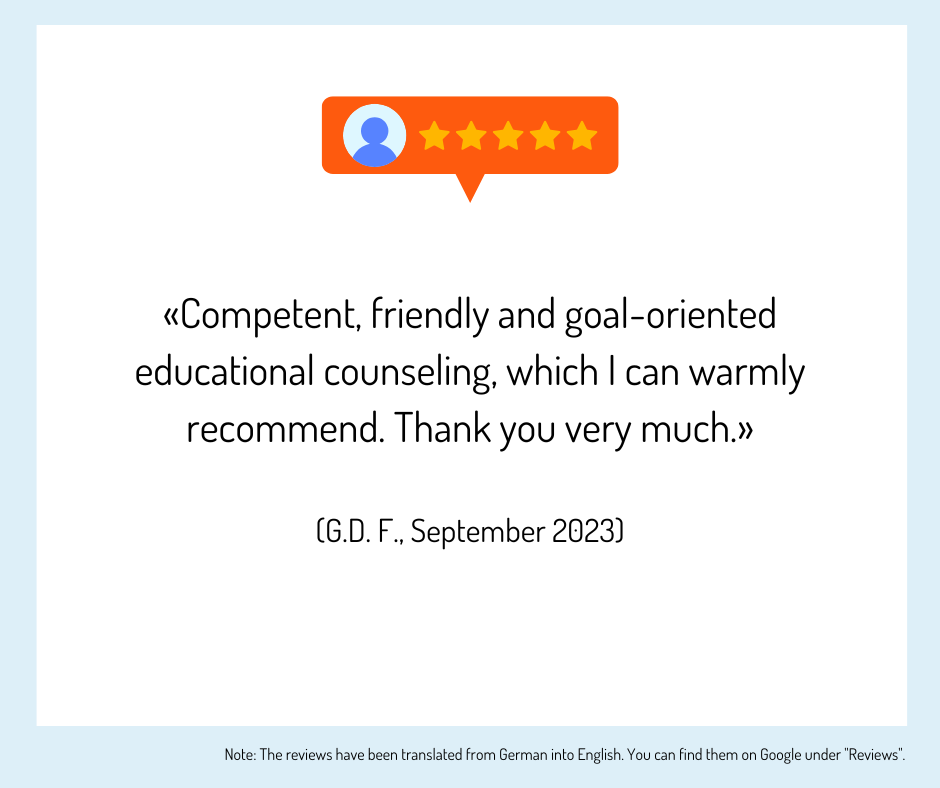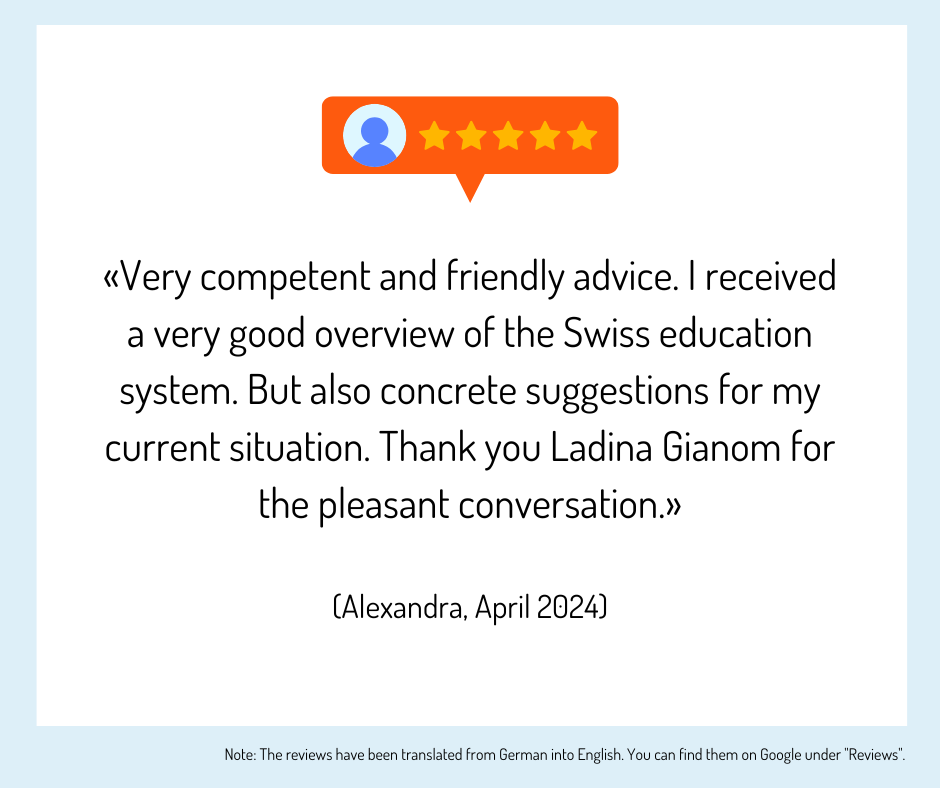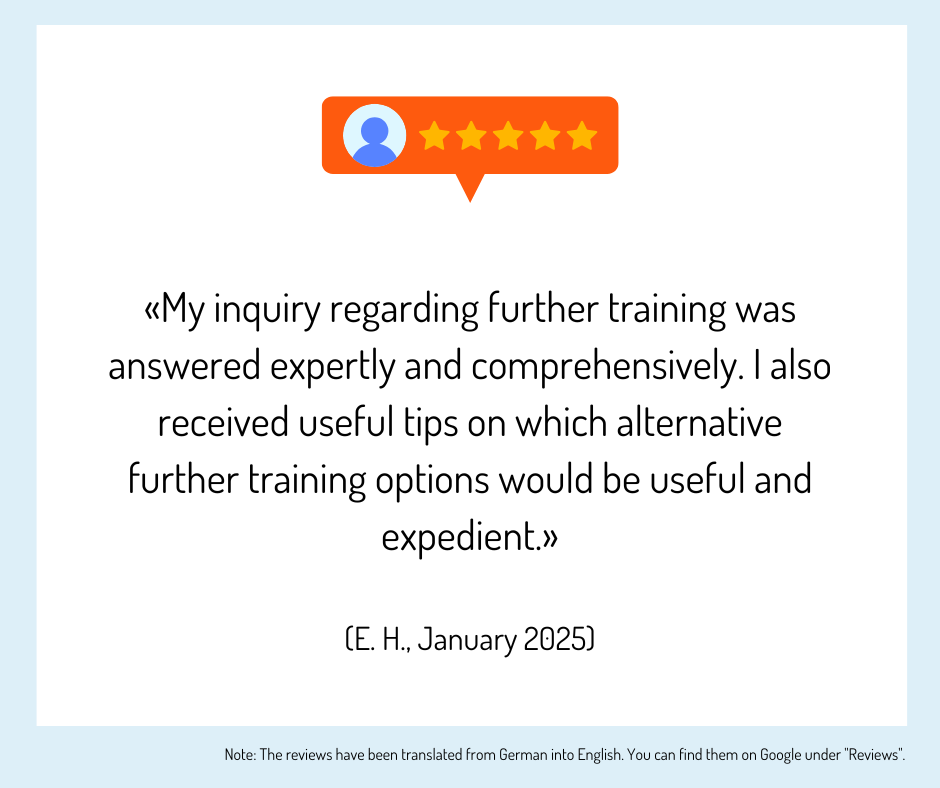Training / further education University of Applied Sciences Aviation
Study at a university of applied sciences and become a competent manager in the field of aviation
Questions and answers
Can I also work in air traffic control after studying aviation?
The Bachelor's degree course in Aviation is a very practice-oriented course of study and combines traditional training in engineering with aviation, taking into account business and industry. The interdisciplinary course can also be combined with a license training as a commercial pilot, air traffic controller or aircraft technician. Depending on your chosen specialization, you will work in planning, engineering or operations after graduation, including in air traffic control (operational engineering, dispatch and operations control center, aeronautical information management, pilot, expert function, network management, maintenance and repair of air traffic control systems).
Where do graduates of a university of applied sciences degree in aviation work?
- Pilot / drone operator
- Security Management
- Operational Engineering
- Costumer Support Engineering
- Operations control center and dispatch
- Operations center
- Spatial planning
- Network management
- Maintenance and type approval
- Operations Research
- Aeronautical Information Management
What does a degree course in aviation at a University of Applied Sciences teach?
- Electrical engineering
- Meteorology
- Flight Performance
- Air law
- Flight Operations
- Human Factors
- Navigation
- Safety / Quality Management
- Air Traffic Management
Is studying aviation at a University of Applied Sciences internationally recognized?
Can I study aviation at a University of Applied Sciences while working?
How long does it take to study aviation?
The Bachelor's degree in Aviation at a University of Applied Sciences can be completed in various study models.
The regular full-time course lasts 6 semesters.
For high school graduates without professional experience, there is the practice-integrated course of study, which comprises 8 semesters.
And if you would like to spend a semester or internship abroad, you can complete the full-time course in the international profile.
What are the admission requirements for the Bachelor's degree in Aviation UAS?
To be admitted to the Bachelor's degree program in Aviation at a University of Applied Sciences, you must have one of the following degrees:
- Federal Vocational Baccalaureate with basic vocational training in a related profession
- Federal Vocational Baccalaureate with basic vocational training in the commercial sector plus preliminary course
- Diploma College of Higher Education in a related field
- Specialized Baccalaureate in a related field
- Baccalaureate plus at least 1 year of professional experience in a related field
What skills will I learn in the Bachelor's degree program in Aviation?
The Bachelor's degree in Aviation provides you with basic mathematical and scientific knowledge in the fields of mathematics, aerodynamics, physics and computer science, as well as subject-specific fundamentals that you will acquire during the first four semesters of your undergraduate studies. This includes knowledge in the following areas:
- Air Traffic Management
- Air law
- Electrical engineering
- Flight Operations
- Meteorology
- Flight Performance
- Human Factors
- Navigation
- Quality management and safety
Following your basic studies, you decide on a specialization, either Operational Engineering or Technical Engineering, each of which will teach you different content. Your aviation studies are rounded off with the acquisition of various soft skills and interdisciplinary competencies, such as self-management, team organization, communication in English and German and intercultural management.
Erfahrungen, Bewertungen und Meinungen zur Ausbildung / Weiterbildung
Haven't found the right training or further education yet? Benefit from educational advice now!
Further training is not only important in order to maintain or increase professional attractiveness, investing in training or further training is still the most efficient way to increase the chances of a pay rise.
The Swiss education system offers a wide range of individual training and further education opportunities - depending on your personal level of education, professional experience and educational goals.
Choosing the right educational offer is not easy for many prospective students.
Which training and further education is the right one for my path?
Our education advisory team will guide you through the "education jungle", providing specific input and relevant background information to help you choose the right offer.
Your advantages:
You will receive
- Suggestions for suitable courses, seminars or training programs based on the information you provide in the questionnaire
- An overview of the different levels and types of education
- Information about the Swiss education system
We offer our educational counseling in the following languages on request: French, Italian, English
Register now and concretize your training plans.











